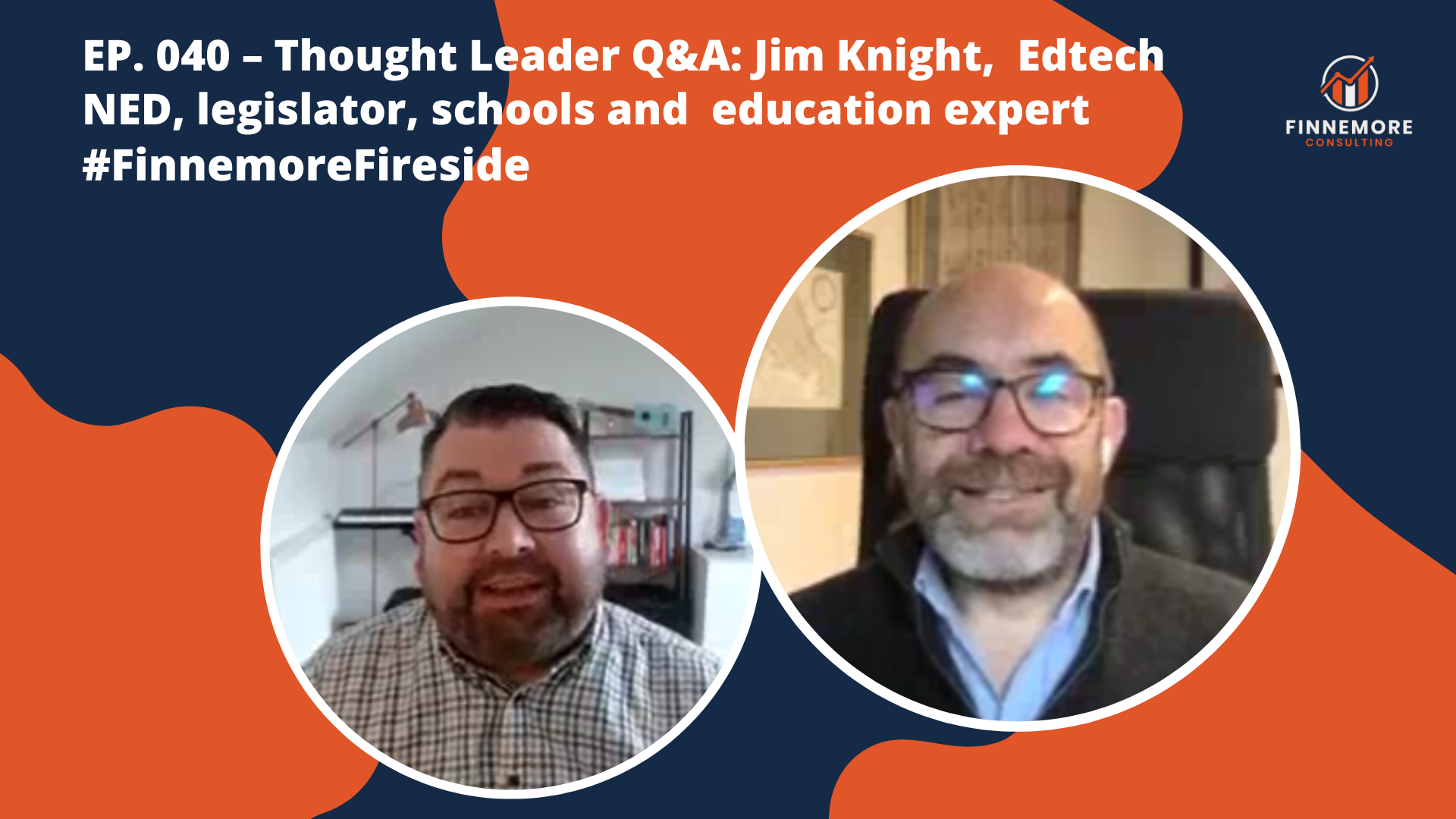Why won’t they buy my amazing product?
Because you have built it for yourself, not for your customer’s needs!
As a product creator in the Edtech world, you may be eager to jump right into the development phase and bring your ideas to life. However, skipping the discovery phase can lead to serious problems down the line. In this post, we’ll explore why the discovery phase is so important and how it can help you create commercial products that truly meet the needs of schools and MATs.
The discovery phase is all about understanding whom you are building the solution for and understanding their needs and not wants. It involves conducting research, gathering insights, and validating assumptions to ensure that you are on the right track. Skipping this phase means that you are creating a product based on assumptions (even if you have been in the role) rather than actual data, which can lead to costly mistakes.
One of the main benefits of the discovery phase is that it helps you get under the skin of your target customer. This includes understanding their pain points, needs, and desires. By gathering this information, you can create a product that meets and solves their needs. This can lead to higher customer satisfaction and increased loyalty over time.
Additionally, the discovery phase can help you identify opportunities for innovation. By exploring the Education market and gathering insights, you may discover a gap that your product can fill. This can lead to a unique product that stands out from competitors and has the potential to generate significant revenue.
Furthermore, the discovery phase can help you save time and money in the long run. By identifying potential issues early on in the process, you can avoid costly mistakes down the line. For example, if you discover that there is little demand for your product, you can pivot early on before investing significant resources into development.
To conclude, the discovery phase is a crucial part of product creation that should not be skipped. By conducting research, gathering insights, and validating assumptions, you can create a product that truly meets the needs of schools and MATs. The discovery phase can also help you identify opportunities for innovation, save time and money, and avoid costly mistakes. By prioritizing the discovery phase, you can set your product up for success and positively impact your customers and your bottom line.



